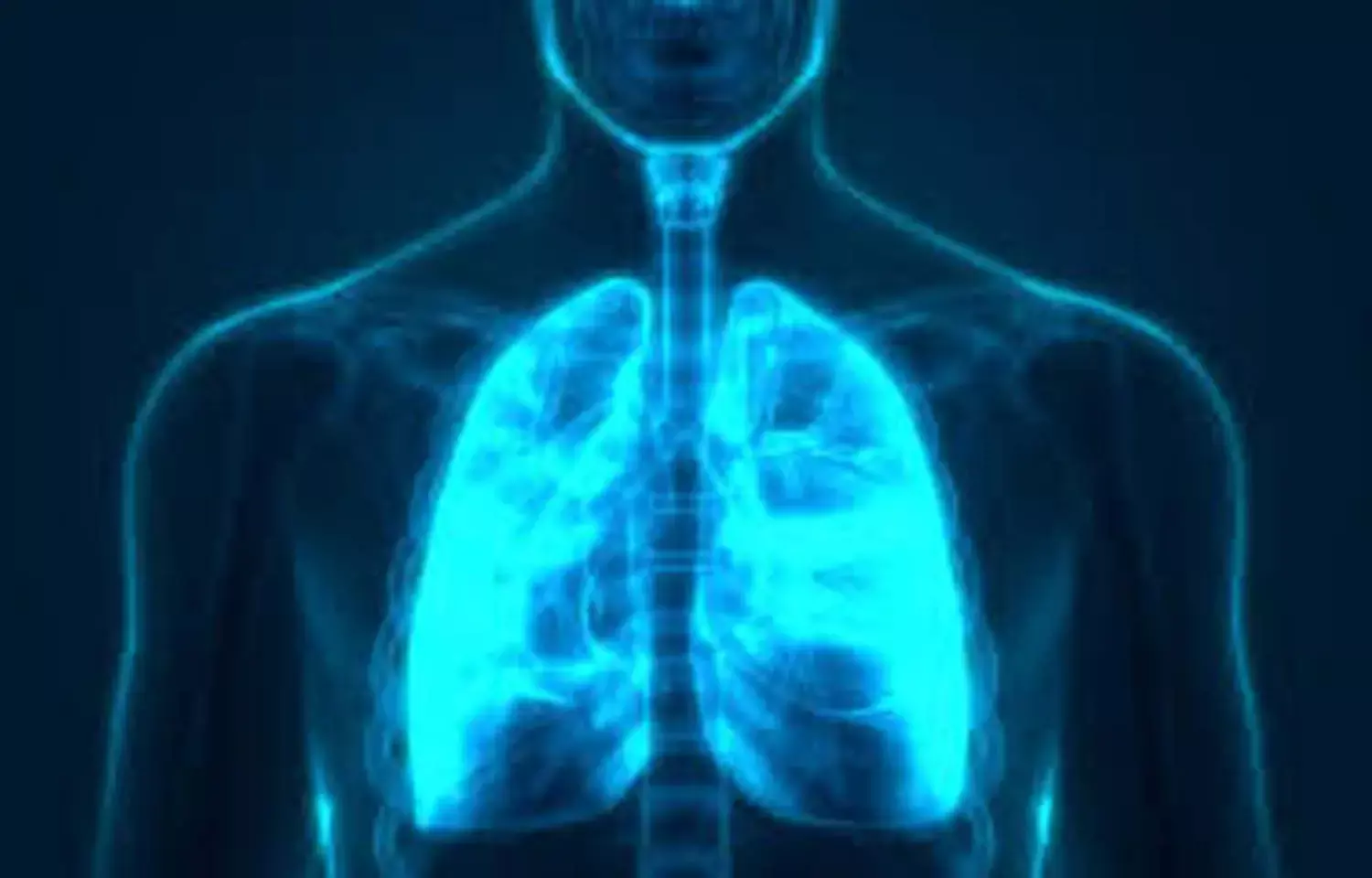- Home
- Medical news & Guidelines
- Anesthesiology
- Cardiology and CTVS
- Critical Care
- Dentistry
- Dermatology
- Diabetes and Endocrinology
- ENT
- Gastroenterology
- Medicine
- Nephrology
- Neurology
- Obstretics-Gynaecology
- Oncology
- Ophthalmology
- Orthopaedics
- Pediatrics-Neonatology
- Psychiatry
- Pulmonology
- Radiology
- Surgery
- Urology
- Laboratory Medicine
- Diet
- Nursing
- Paramedical
- Physiotherapy
- Health news
- Fact Check
- Bone Health Fact Check
- Brain Health Fact Check
- Cancer Related Fact Check
- Child Care Fact Check
- Dental and oral health fact check
- Diabetes and metabolic health fact check
- Diet and Nutrition Fact Check
- Eye and ENT Care Fact Check
- Fitness fact check
- Gut health fact check
- Heart health fact check
- Kidney health fact check
- Medical education fact check
- Men's health fact check
- Respiratory fact check
- Skin and hair care fact check
- Vaccine and Immunization fact check
- Women's health fact check
- AYUSH
- State News
- Andaman and Nicobar Islands
- Andhra Pradesh
- Arunachal Pradesh
- Assam
- Bihar
- Chandigarh
- Chattisgarh
- Dadra and Nagar Haveli
- Daman and Diu
- Delhi
- Goa
- Gujarat
- Haryana
- Himachal Pradesh
- Jammu & Kashmir
- Jharkhand
- Karnataka
- Kerala
- Ladakh
- Lakshadweep
- Madhya Pradesh
- Maharashtra
- Manipur
- Meghalaya
- Mizoram
- Nagaland
- Odisha
- Puducherry
- Punjab
- Rajasthan
- Sikkim
- Tamil Nadu
- Telangana
- Tripura
- Uttar Pradesh
- Uttrakhand
- West Bengal
- Medical Education
- Industry
Researchers develop a promising breath-test for detection of cancer

The Flinders University researchers have sought to determine the diagnostic accuracy of breath analysis as a non-invasive test for detecting cancer. Due to this the global quest to use a person's breath analysis for rapid, inexpensive and accurate early-stage testing for cancer and other diseases has taken a leap forward.Improving the ability to identify early-stage head and neck squamous cell carcinoma (HNSCC) can improve treatment outcomes and patient morbidity.
In a new paper in the British Journal of Cancer,researchers have reported significant progress in developing a method to test exhaled breath profiles which accurately differentiate head and neck cancer from non-cancer patients.
The Australian researchers collected breath samples from 181 patients suspected of having early-stage head and neck squamous cell carcinoma (HNSCC) before any treatment began.
"We sought to determine the diagnostic accuracy of breath analysis as a non-invasive test for detecting head and neck cancer, which in time may result in a simple method to improve treatment outcomes and patient morbidity," says lead researchers Dr. Roger Yazbek and Associate Professor Eng Ooi.
Worldwide, head and neck cancer accounts for 6% of all cancers, killing more than 300,000 people per year globally. Tobacco, alcohol and poor oral hygiene are known major risk factors for this cancer.
A surge in human papilloma virus (HPV)-associated head and neck cancers is seeing these cancers affecting a much younger population, the researchers say.
Current therapies are effective at treating early-stage disease, however late-stage presentations are common, and often associated with poor prognosis and high treatment-related morbidity.
In the Australian study, a selected ion flow-tube mass spectrometer was used to analyze breath for volatile organic compounds. Using statistical modeling, the Flinders researchers were able to develop a breath test that could differentiate cancer and control (benign disease) patients, with an average sensitivity and specificity of 85%.
Diagnosis was confirmed by analysis of tissue biopsies.
"With these strong results, we hope to trial the method in primary care settings, such as GP clinics, to further develop its use in early-stage screening for HNSCC in the community," says co-lead author Dr. Nuwan Dharmawardana.
Hina Zahid Joined Medical Dialogue in 2017 with a passion to work as a Reporter. She coordinates with various national and international journals and association and covers all the stories related to Medical guidelines, Medical Journals, rare medical surgeries as well as all the updates in the medical field. Email: editorial@medicaldialogues.in. Contact no. 011-43720751
Dr Kamal Kant Kohli-MBBS, DTCD- a chest specialist with more than 30 years of practice and a flair for writing clinical articles, Dr Kamal Kant Kohli joined Medical Dialogues as a Chief Editor of Medical News. Besides writing articles, as an editor, he proofreads and verifies all the medical content published on Medical Dialogues including those coming from journals, studies,medical conferences,guidelines etc. Email: drkohli@medicaldialogues.in. Contact no. 011-43720751


